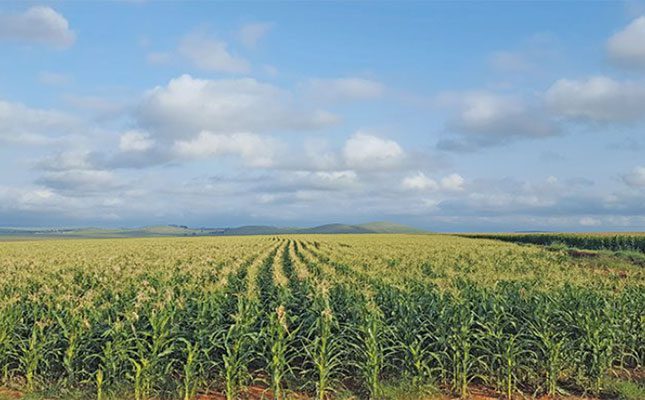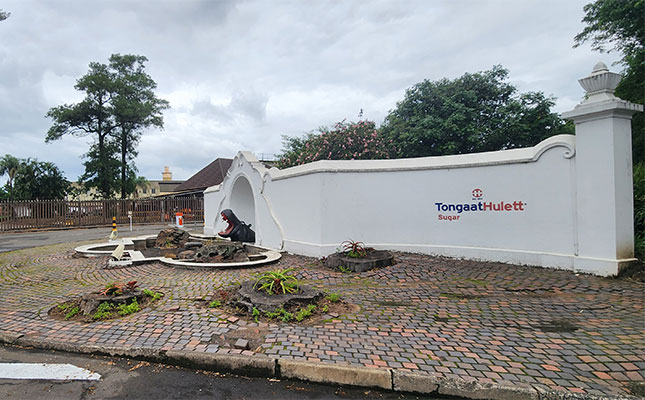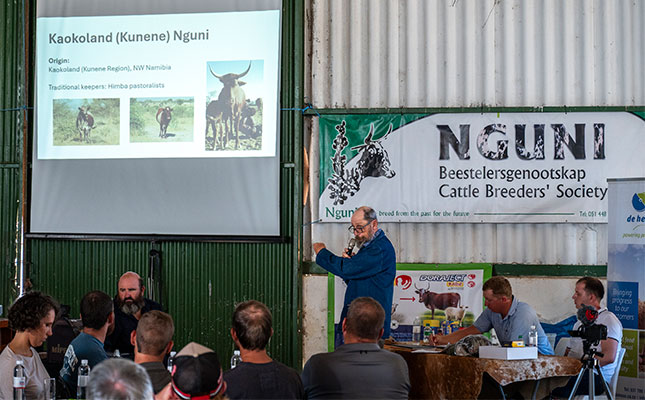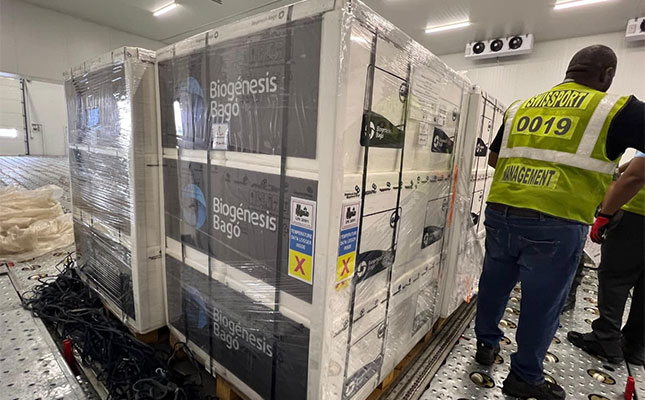
The Department of Science, Technology and Innovation (DSTI) said in a statement that the initiative will strengthen institutional coordination, foster innovation, and help transform the country’s agrifood system into an inclusive, resilient framework aligned with national and regional development priorities.
According to the DSTI, the Science, Technology and Innovation (STI) Roadmap for Agriculture will:
- Encourage the development of new high-value crops, livestock, and agro-processed products;
- Increase opportunities for women and the youth in rural areas;
- Improve food and nutrition security via sustainable technologies; and
- Bolster value chains that support livelihoods and socio-economic transformation.
The initiative also seeks to update productive industries and drive inclusive growth through innovation, creativity, and strategic partnerships. Aligned with the Food and Agriculture Organization of the United Nations’ Strategic Framework 2022–2031, the initiative supports the organisation’s Four Betters: better production, better nutrition, a better environment, and a better life.
The roadmap will complement national strategies such as the Agriculture and Agro-processing Master Plan (AAMP), the Forestry Sector Master Plan, the Aquaculture Research and Technology Development Strategy, and the DSTI’s Agriculture Bioeconomy Innovation Partnership Programme.
Speaking to Farmer’s Weekly, Dr Maneshree Jugmohan-Naidu, director of agricultural biotechnology at the DSTI, said a steering committee to guide the development of the roadmap, together with an advisory committee, would now be established.
“The steering committee will be appointed by the directors-general of the relevant departments and organisations. The appointment process is currently under way and is expected to be finalised in due course, as departments and organisations submit [their] respective nominations.
“The advisory committee will include experts from research institutions, academic institutions, industry, farmer organisations, and strategic committees. It will provide pertinent technical input throughout the development of the roadmap. Advisory Committee members will be appointed by the steering committee and will follow shortly after the appointment of the steering committee,” she explained.
Jugmohan-Naidu added that the main aim of the roadmap is to strengthen South Africa’s agricultural innovation ecosystem by aligning STI efforts and investment with national priorities for sustainable production, food security, and climate resilience.
“This initiative reflects the DSTI’s commitment to forging partnerships between the private and public sectors and strengthening the agricultural innovation systems to support competitiveness, agricultural transformation, economic development, and long-term sustainability,” she said.
Other roadmap benefits
David Mohale, communication manager at the National Agricultural Marketing Council, said the AAMP is already benefitting from approaches such as the development of a roadmap for agriculture.
The AAMP’s main objectives include the promotion of transformation in agriculture and agro-processing; the increase of food security in South Africa; the creation of effective farmer support, agro-processing, food wholesale, and retail incentives; the increase of farming community safety; and the enhancement of resilience to climate change and management of natural resources.
“Under the AAMP programme of innovation, transparency, and new market opportunities, the Department of Agriculture piloted the Livestock Identification and Traceability System in the Eastern Cape, benefitting 30 000 cattle across 120 farms.
“In addition, the Cannabis for Private Purposes Bill and updated THC [tetrahydrocannabinol] scheduling guidelines are opening a new frontier for industrial hemp and medicinal cannabis production. Nine hemp demonstration sites, one in each province, are driving learning and technological adoption within the emerging bioeconomy, to mention a few [examples],” Mohale said.
He added that efforts are also under way to establish a national repository of agricultural inputs, promoting regulatory clarity and investment confidence in new technologies.
“The Department of Agriculture’s service level agreement with Onderstepoort Biological Products has been vital for ensuring biosecurity, including vaccine provisioning during foot-and-mouth disease outbreaks,” Mohale concluded.
Get trusted farming news from Farmers Weekly in Google Top Stories.
➕ Add Farmers Weekly to Google ✔ Takes 10 seconds · ✔ Remove anytime









